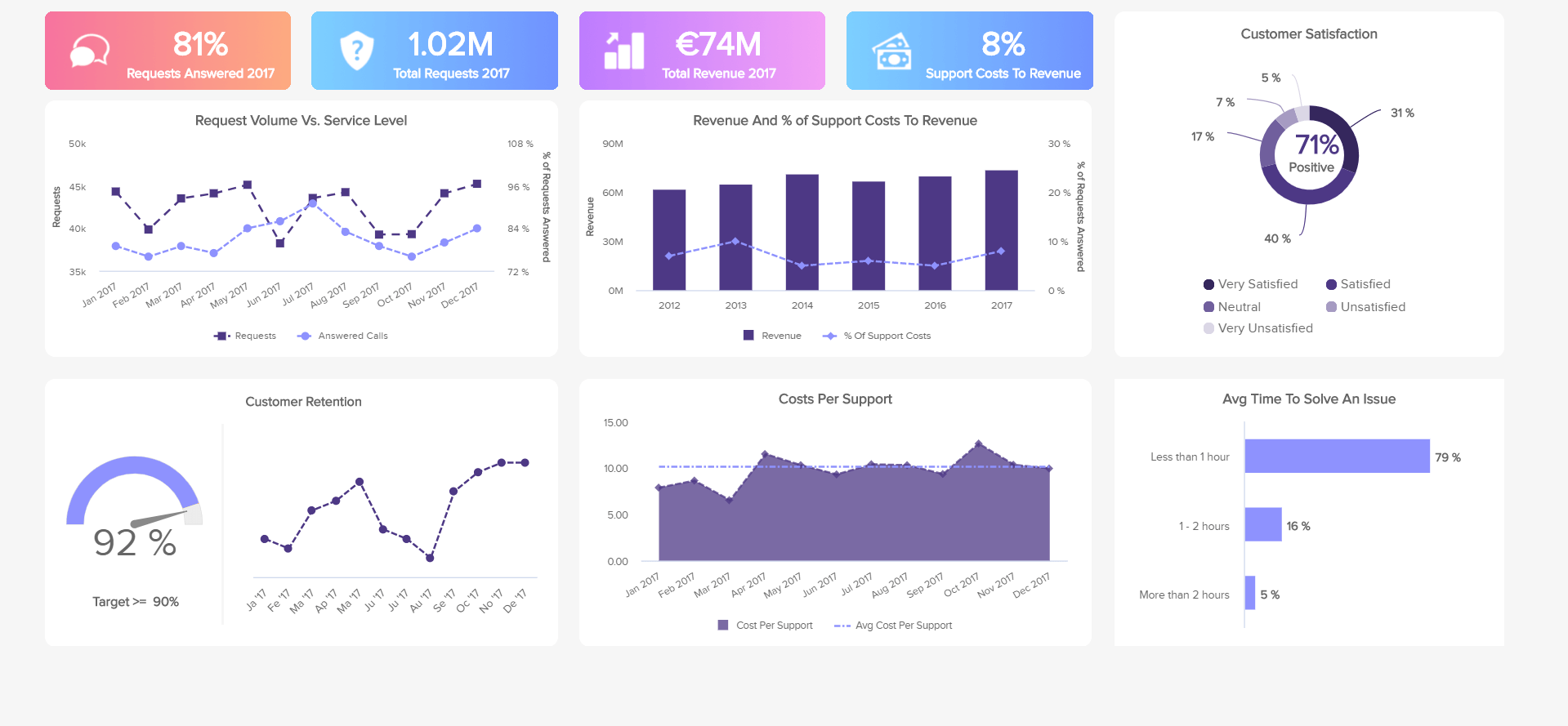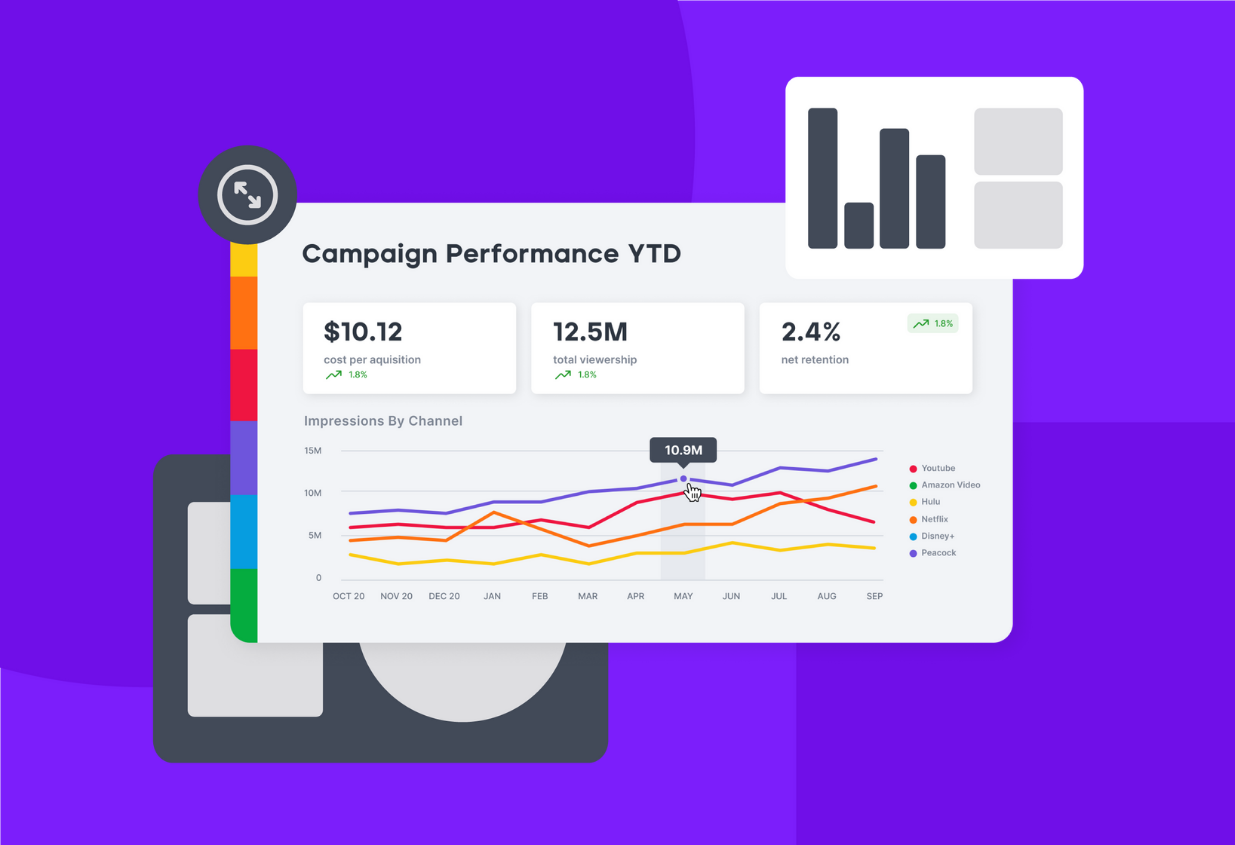As businesses increasingly rely on data to drive decisions, the clarity with which that data is presented becomes paramount. Dashboard service packages have become essential tools, providing actionable insights and holistic overviews of performance metrics across various industries. Whether it’s for marketing, finance, or operations, these dashboards help convert raw data into easy-to-understand visuals, facilitating quick decision-making and strategy formulation.
This ultimate guide will explore the various aspects of dashboard service packages, offering a detailed look into how they can be tailored to serve different business needs effectively. We’ll walk through different types of packages available, key features to consider, customization options, integration capabilities, and overall benefits of employing a comprehensive dashboard system within your organization.
Contents
Types of Dashboard Service Packages
There is a myriad of Dashboard Service Packages available designed to cater to diverse business requirements. From real-time operational dashboards to strategic executive dashboards, each type serves a specific purpose. Operational dashboards provide a continuous update on key performance indicators (KPIs) crucial for day-to-day activities, while executive dashboards aggregate data across longer intervals to assist with high-level decision making.
Understanding the specific needs of your business or department is essential in choosing the right type of dashboard. Additionally, industry-specific solutions can offer tailored functionalities that generic packages might not cover, enhancing their applicability and effectiveness in particular contexts.

Key Features to Consider
Selecting a dashboard service package goes beyond just the type; it also involves examining the features it offers. Important features to look out for include customization capabilities, the capacity for real-time data processing, mobile-friendliness, and user-friendly interfaces. Depending on your business size, scalability may also be a critical feature to ensure the dashboard can grow along with your organization.
Furthermore, advanced analytics features like predictive modeling and trend analysis tools can greatly enhance the value brought by dashboard systems. These tools help in uncovering hidden patterns within the data, providing deeper insights that could lead to proactive rather than reactive strategies.
Customization Options
The ability to customize dashboards is crucial as every organization has unique needs and metrics they focus on. Customization extends from aesthetic changes like logos and themes to more complex adjustments such as creating custom widgets or integrating new data sources. A flexible dashboard service package allows businesses to craft precisely what they require from their analytic tools without unnecessary components cluttering the interface.
In addition to setup customizations, some services offer ongoing alterations as part of their subscription plans. These can be particularly advantageous for rapidly evolving industries where staying agile is key.
Integration Capabilities
An effective dashboard service should seamlessly integrate with existing software systems and databases within an organization. This integration capability ensures that all areas of the business can potentially benefit from enhanced data visibility. Whether it’s CRM systems, financial software, or even social media analytics platforms, having multiple integrations can centralize processes and provide a unified view of organizational health.
Moreover, ease of integration often correlates with reduced IT overhead and associated costs. Simpler integrations mean faster deployment times and less need for extensive technical support or specialized training.
Overall Benefits
Dashboards streamline complex data sets into digestible visuals leading to enhanced comprehension across all levels of an organization. They facilitate swift information relay and data-driven decision-making ability that significantly boosts operational efficiency. Custom alerts and notifications can also help mitigate risks by proactively managing hurdles before they escalate.
Beyond operational efficiency, well-implemented dashboards promote transparency within departments by making data accessible at various authorization levels. Employees empowered with data tend to engage more actively with their roles leading to higher job satisfaction and productivity levels.
To conclude, adopting the right dashboard service package transforms statistical data into strategic asset contributing significantly towards achieving business goals. Carefully consider your business needs against what various services offer you in terms of types, features, customizability, and integration capability. With these factors tuned to your organizational requirements, the impact on your performance metrics can be profound and measurable – guiding you towards more informed decision-making processes at all levels.
Ensuring you stay updated with evolving technologies around dashboard services will additionally keep you at competitive advantage in the fast-paced market environment today – where being data-smart is no longer just an option but a necessity.

